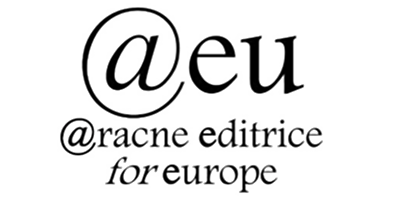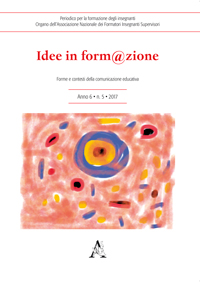Estratto dal volume Idee in form@zione
Teaching Pragmatics in Support of Learner Subjectivity and Global Communicative Needs
DOI: 10.4399/97888548998652
Pagine: 17-32
Formato (cm): Digitale
Data di pubblicazione: Marzo 2017
Editore: Aracne editrice
SSD:
M-PED/01
ABSTRACT: Even with perfect grammar, we can offend our conversational partners or trigger misunderstandings if we fail to use language appropriately in sociocultural contexts. In this paper I focus on the pragmatics of a second or foreign language (L2) and address possible ways of highlighting contextualized language use in the classroom. Research in interlanguage pragmatics has shown that many aspects of pragmatics are amenable to instruction and that the process of acquiringpragmatic competence can be accelerated through explicit instruction in L2 settings (Jeon & Kaya, 2006; Kasper & Rose, 2002; Rose, 2005; Taguchi, 2015; Takahashi, 2010). After briefly reviewing key research findings in this area and stressing the link between learner subjectivity and pragmatics, I illustrate recently published pedagogical resources for teaching pragmatics and describe pragmatics–focused instruction on advice–giving in English with the aim of facilitating this type of instruction at the crossroads of language and culture. As part of the instruction, I propose diversifying pedagogical models whenever possible by incorporating research–based samples of World Englishes to meet the global communicative needs of today’s language learners. Furthermore, pragmatics–focused instruction can promote intercultural understandingthat goes beyond stereotypes in alignment with efforts toward peace education (peace linguistics; Friedrich, 2012; Gomes de Matos, 2014).
KEYWORDS: pragmatics–focused instruction, pragmatic competence, peace linguistics, learner subjectivity, global contexts.




